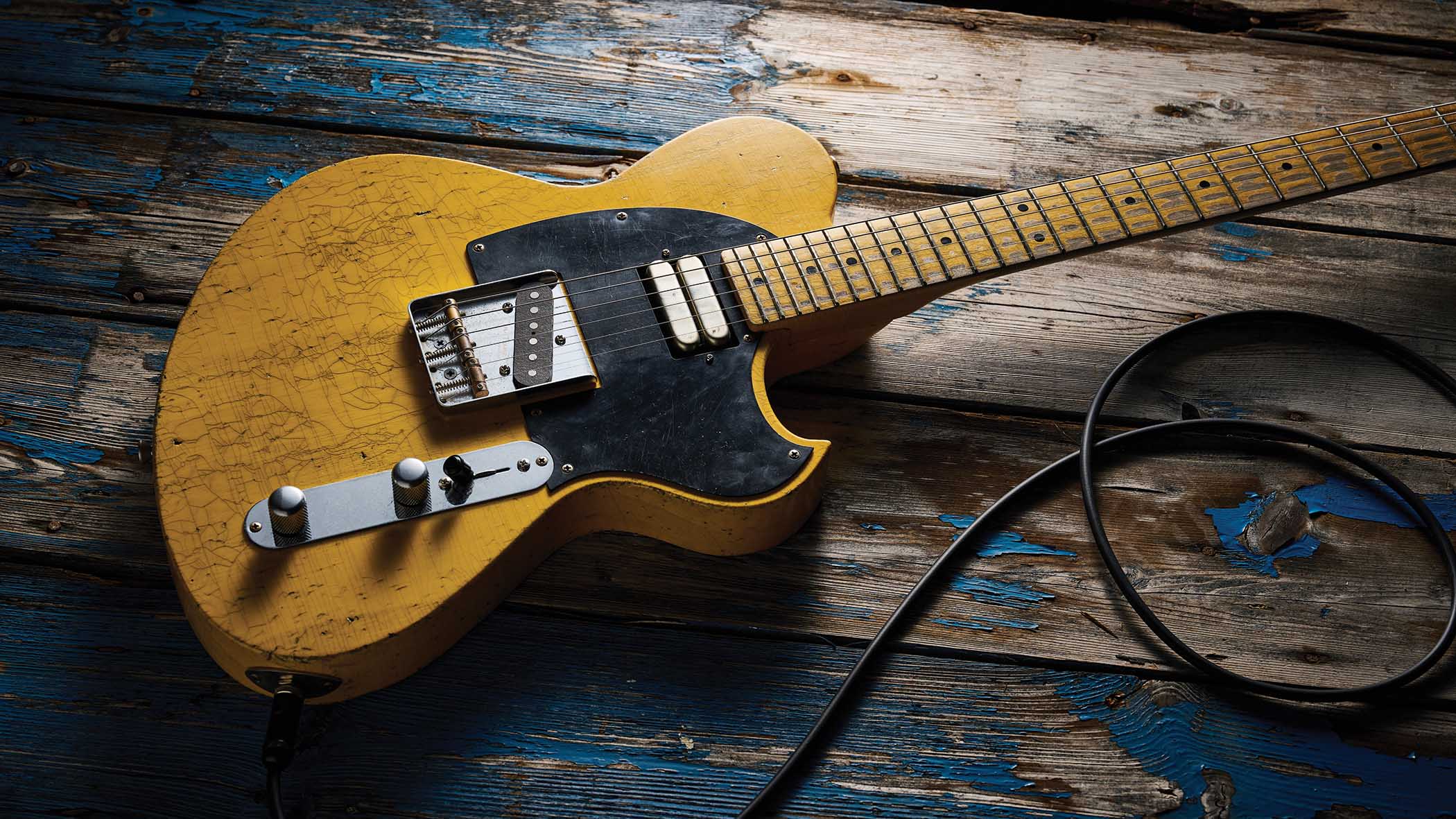Best Klon clones: Our pick of the best Klon Centaur Klones for every budget
From straight-up klones to full reimaginings, here are some of the best Klon Centaur-inspired pedals on the market today
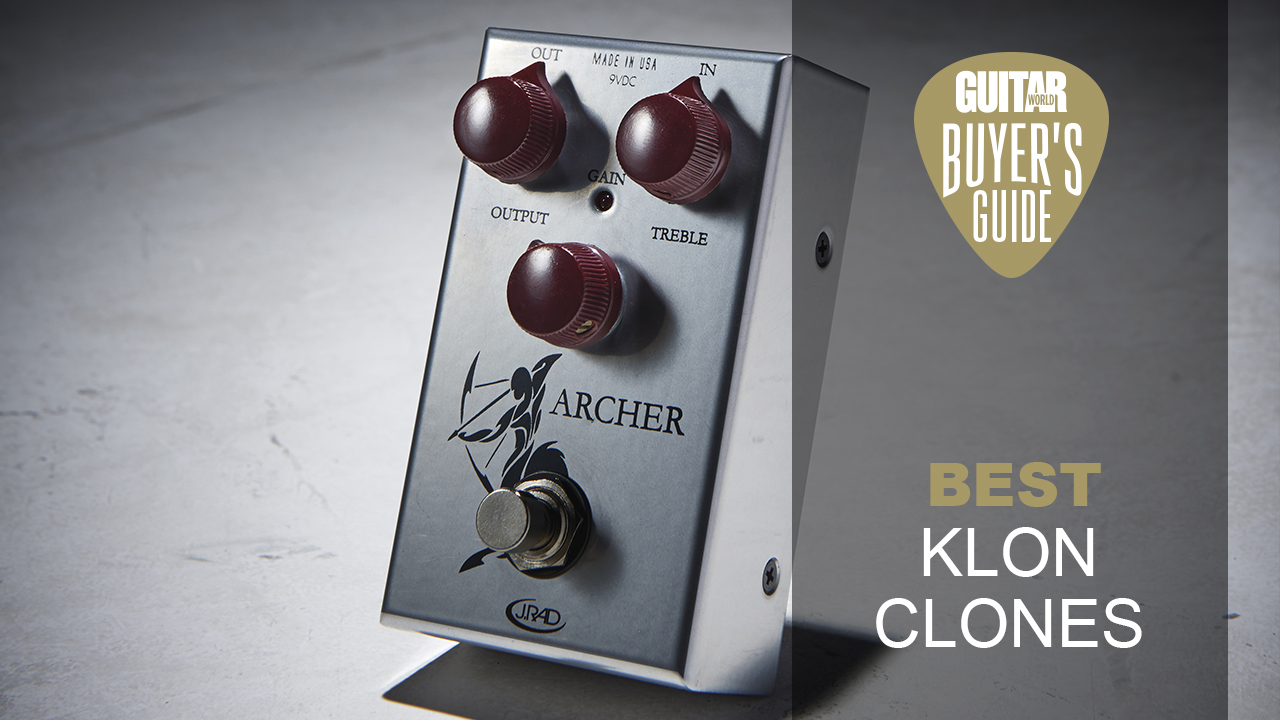
All the latest guitar news, interviews, lessons, reviews, deals and more, direct to your inbox!
You are now subscribed
Your newsletter sign-up was successful
Fewer pedals are surrounded by the mystique associated with the Klon Centaur. To some, it’s simply an overdrive, but to others, it’s the epitome of guitar pedals, enhancing your sound, making it sweet and musical – and also setting you back a couple of grand. As such, many pedal makers have sought to replicate it, which is why we’ve compiled a list of the best Klon clones out there.
Like many other pedals, the idea behind the Klon is to allow the user to dial in cranked tube amp sounds at lower volumes. They were made by Bill Finnegan between 1994 and 2008. They took a long time to make and so supply was limited. It’s estimated he made around 8000 units.
It didn’t take long for other manufacturers to jump on the hype and create their own versions of it. Whether you’re seeking something to always have on as your main sound, something to push your tube amp into natural overdrive, or you’re stacking it with other pedals, the best Klon clones can be useful to have in a number of different scenarios.
Best Klon clones: Guitar World’s Choice
There are a bunch of incredible options out there, but if we’re going to pick the best Klon clone, then a few pedals instantly come to mind. The Wampler Tumnus Deluxe really is excellent due to its slightly redesigned circuit - you’ve got the classic Klon tones, but you’ve got more flexibility with your EQ allowing you to precisely dial in your tone.
If you want a budget Klon clone then the Mosky Golden Horse is difficult to fault. If it’s a true replica you seek, then the J Rockett Archer and Way Huge Conspiracy Theory are great choices. If budget allows, then the Klon KTR is probably as close as you can get!
Best overall
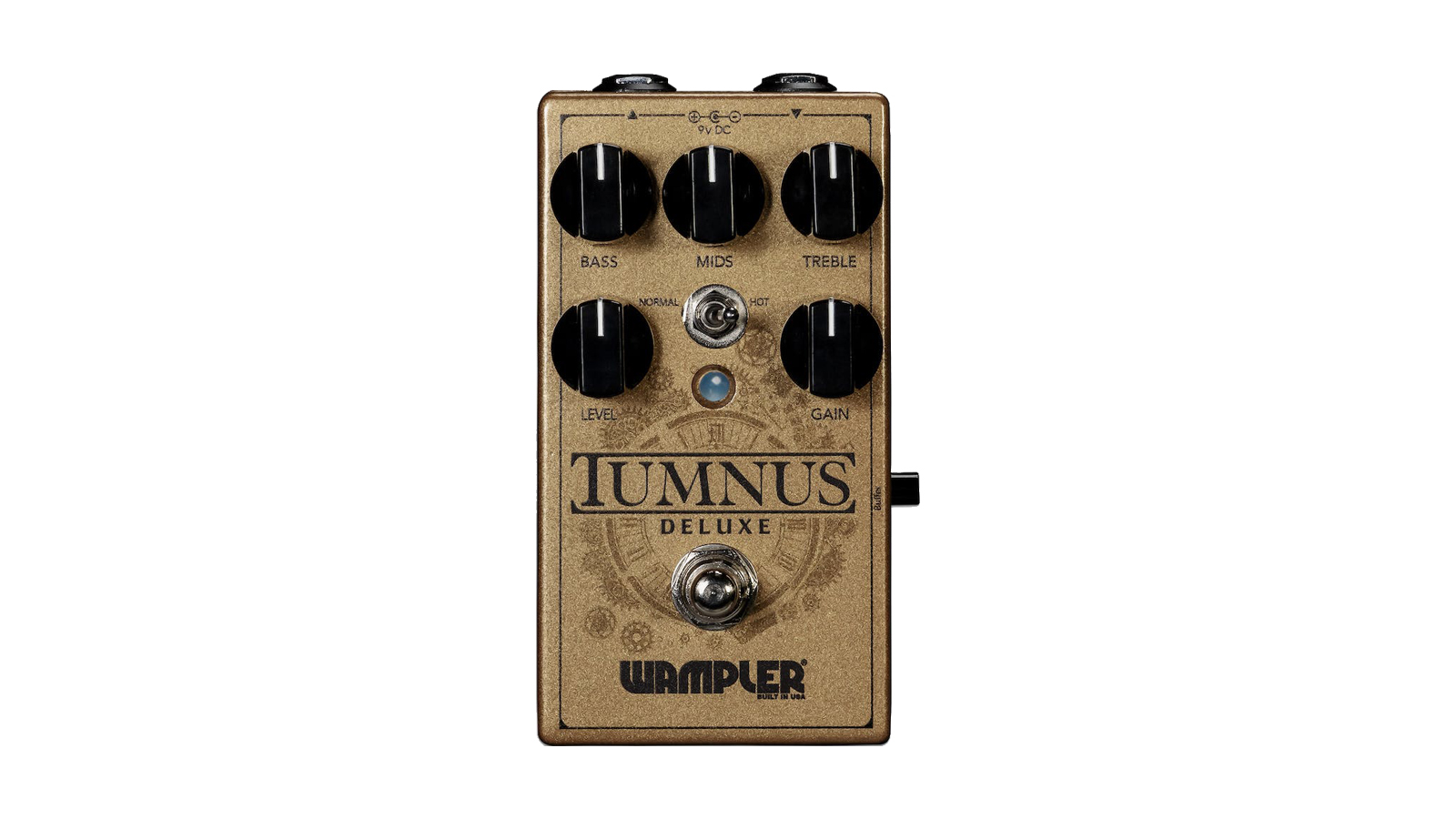
1. Wampler Tumnus Deluxe
Our expert review:
Specifications
Reasons to buy
Reasons to avoid
Where the regular Tumnus was a no-frills Klone, the Deluxe represents Brian Wampler's take on the circuit, and is one of the best Klon clones out there. Of most interest are the additions of an active bass and mids control. The shelving treble of the original Klon is still present, but the mids control allows you to have greater control over the midrange of the pedal.
While the Klon's mid-bump is nowhere near as pronounced as that of, say, the Ibanez Tubescreamer, it's still far from a flat EQ profile. The three-band arrangement of the Tumnus allows for far greater tonal flexibility than the original.
Best on a budget
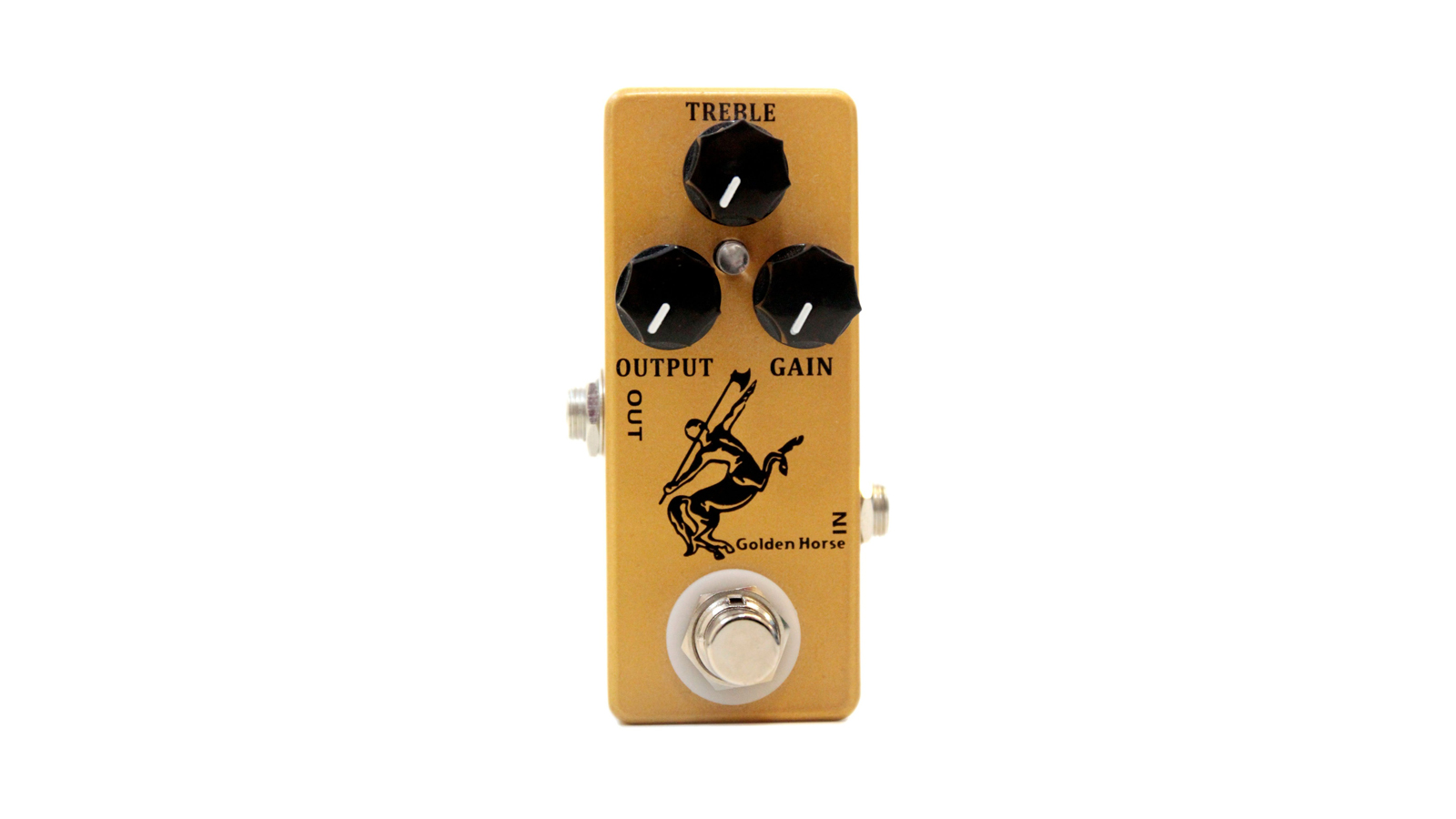
2. Mosky Golden Horse
Our expert review:
Specifications
Reasons to buy
Reasons to avoid
At this price point, it's surprising that the otherwise all-SMD Golden Horse should boast two through-hole germanium diodes. Then again, Mosky have surprised us with solid budget offerings before. As a result, the Golden Horse has the core sound down.
There's a slight difference in timbre with the Golden Horse when in the mix of a larger 'board. This may be down to the fact that this pedal appears to be true bypass rather than the buffered bypass of the original. It's a marginal difference, though, even if it isn't just our brain playing tricks on us.
Best premium
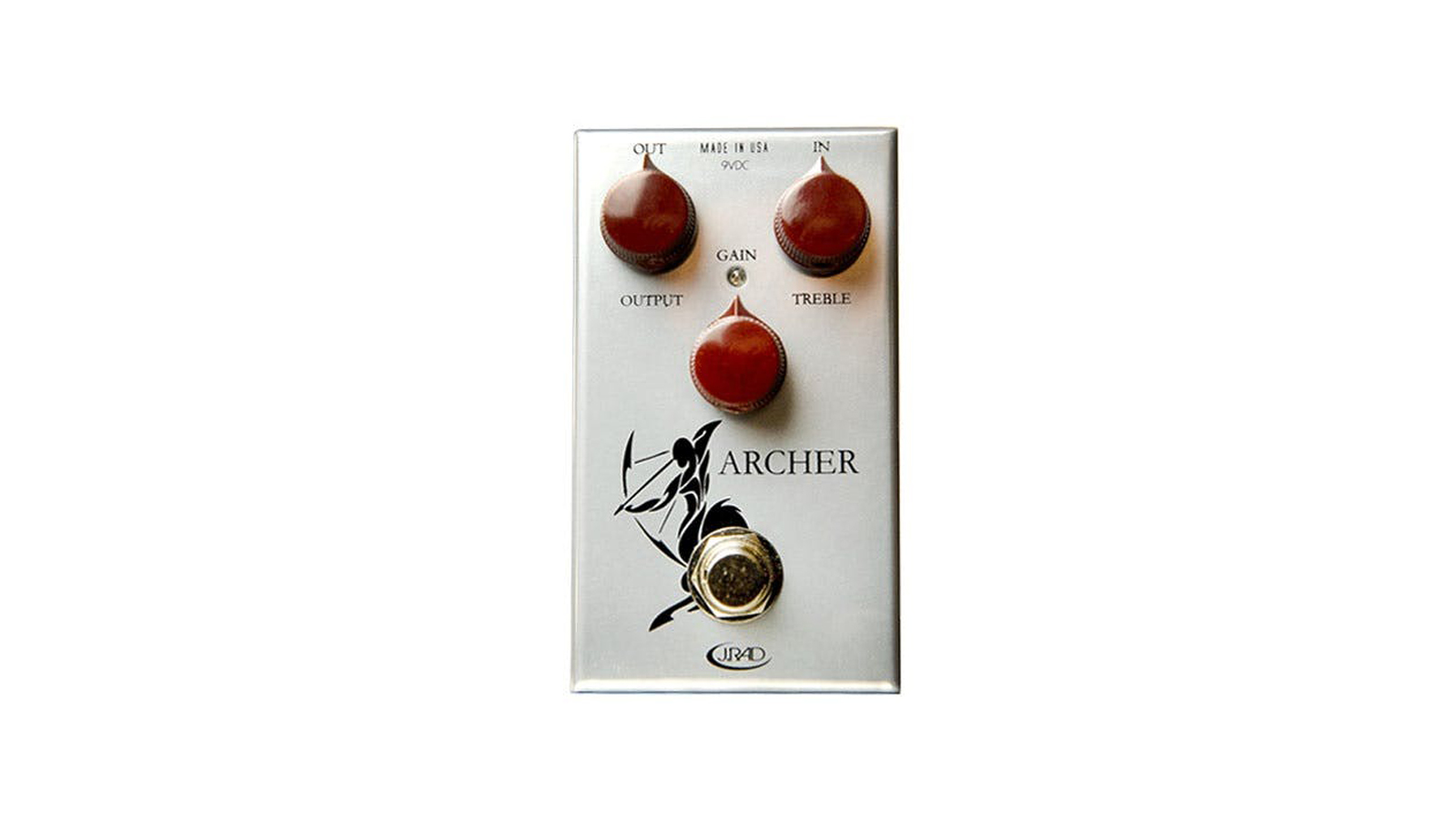
3. J Rockett Archer
Our expert review:
Specifications
Reasons to buy
Reasons to avoid
J Rockett Audio Designs worked with Klon designer Bill Finnegan on the first versions of the KTR, the successor to the Centaur, so they have about as direct a link to the original as it's possible to have. For a long time, the JRAD Archer was pretty much the only show in town in terms of a mass-produced alternative. This is probably why it crops up on so many pro rigs.
Nowadays, there is more choice, but the Archer remains the gold standard replica. There's not much to say about the tone other than that you'd be very hard-pressed to tell it apart from an original. Designed to be toured, its bombproof construction means that it'll likely outlive its owner.
Best mid-priced
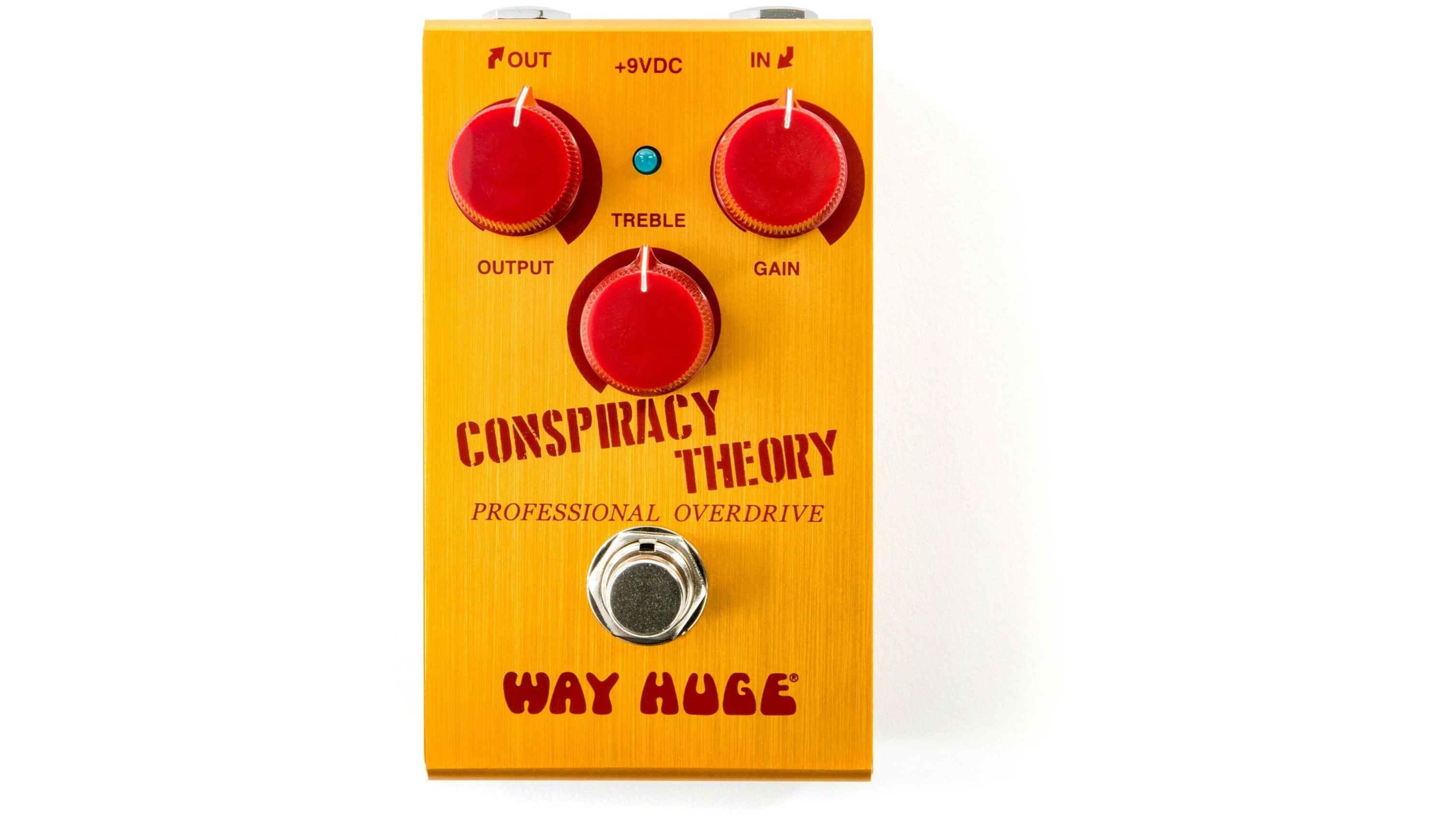
4. Way Huge Conspiracy Theory
Our expert review:
Specifications
Reasons to buy
Reasons to avoid
This is a cool little Klone from the great mind of Jeorge Tripps and is one of the best Klon clones available today. It’s not crazy expensive, but it’s hardly a budget pedal. It’s made incredibly well and features NOS germanium diodes. In terms of controls, you’ve got the classic Gain, Treble and Output layout so there aren’t any surprises there.
It’s slightly warmer compared to the originals, but only minutely, and it has smooth midrange; it’s unlikely any of your audience would notice, but other than that it sounds very close to the real deal.
It’s built with a super sturdy casing, and the sizing of it means it’s not going to take up loads of space on your board. The Conspiracy Theory is a faithful recreation of the Klon, built into a smaller enclosure and with a fairly eye-catching design.
Read the full Way Huge Conspiracy Theory review
Best dual pedal
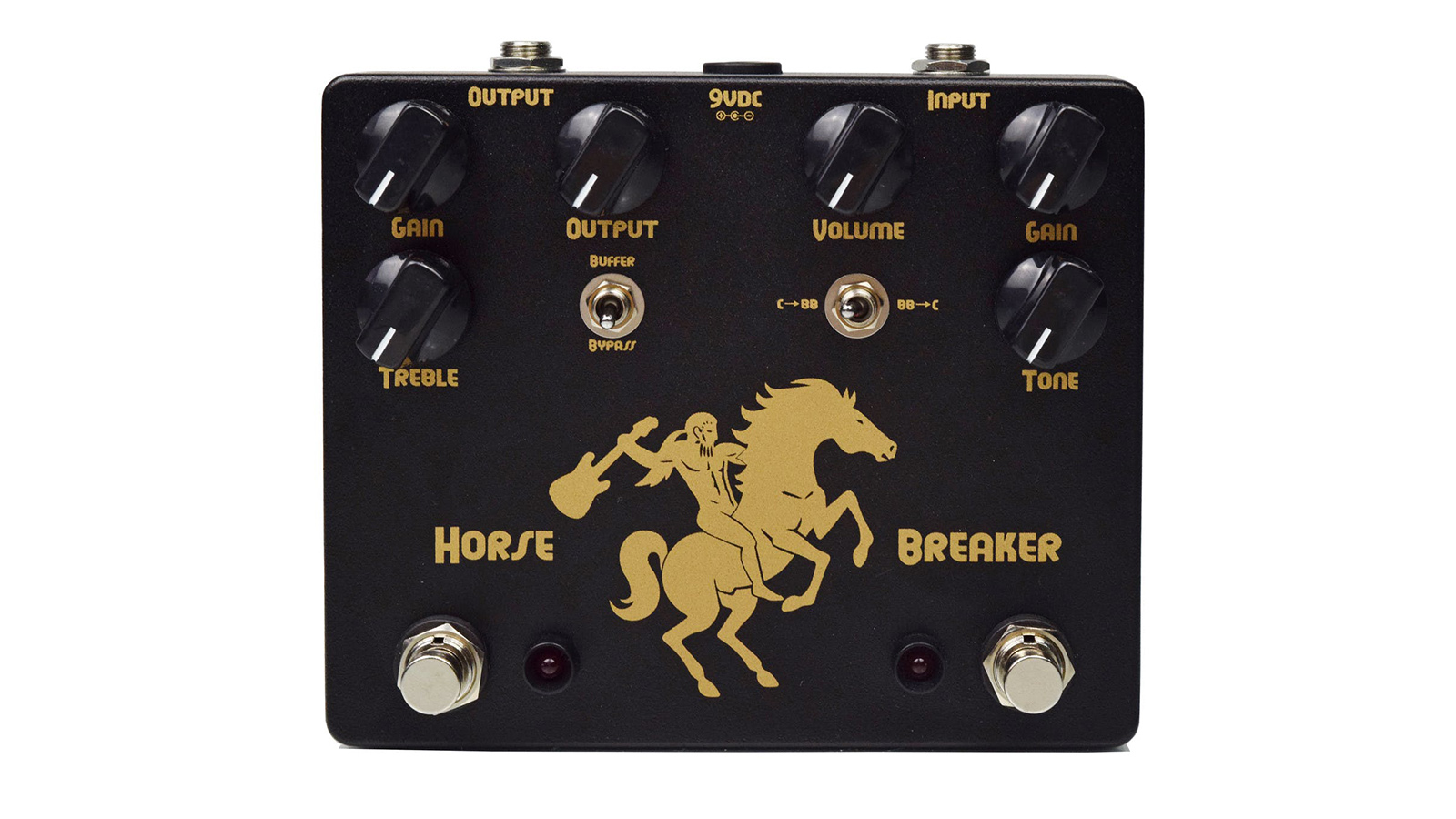
5. Ceriatone Horsebreaker
Our expert review:
Specifications
Reasons to buy
Reasons to avoid
Ceriatone makes a part-perfect klone of the Centaur, called the Centura. It's even housed in a nifty enclosure that's got some of the over-engineered heft of the Centaur to it. However, their Horsebreaker is more interesting. Housed in a double-width enclosure, it has not only a Centaur circuit, but also a clone of the Marshall Bluesbreaker.
The Bluesbreaker, along with the Ibanez Tubescreamer, is famously the basis for the coveted Analogman King of Tone. What you're getting with the Horsebreaker then, is two classic circuits that stack well, with a switch to select the order in which they come. It's cheaper than the Centura, smaller, and as a result potentially a killer addition to a pedalboard, both in terms of tone and real-estate.
The Centaur is known for being great at pushing tube amps into saturation. With the Horsebreaker you're getting another gain stage into the bargain. As they say, "if less is more, then imagine how much more more will be!"
Best compact
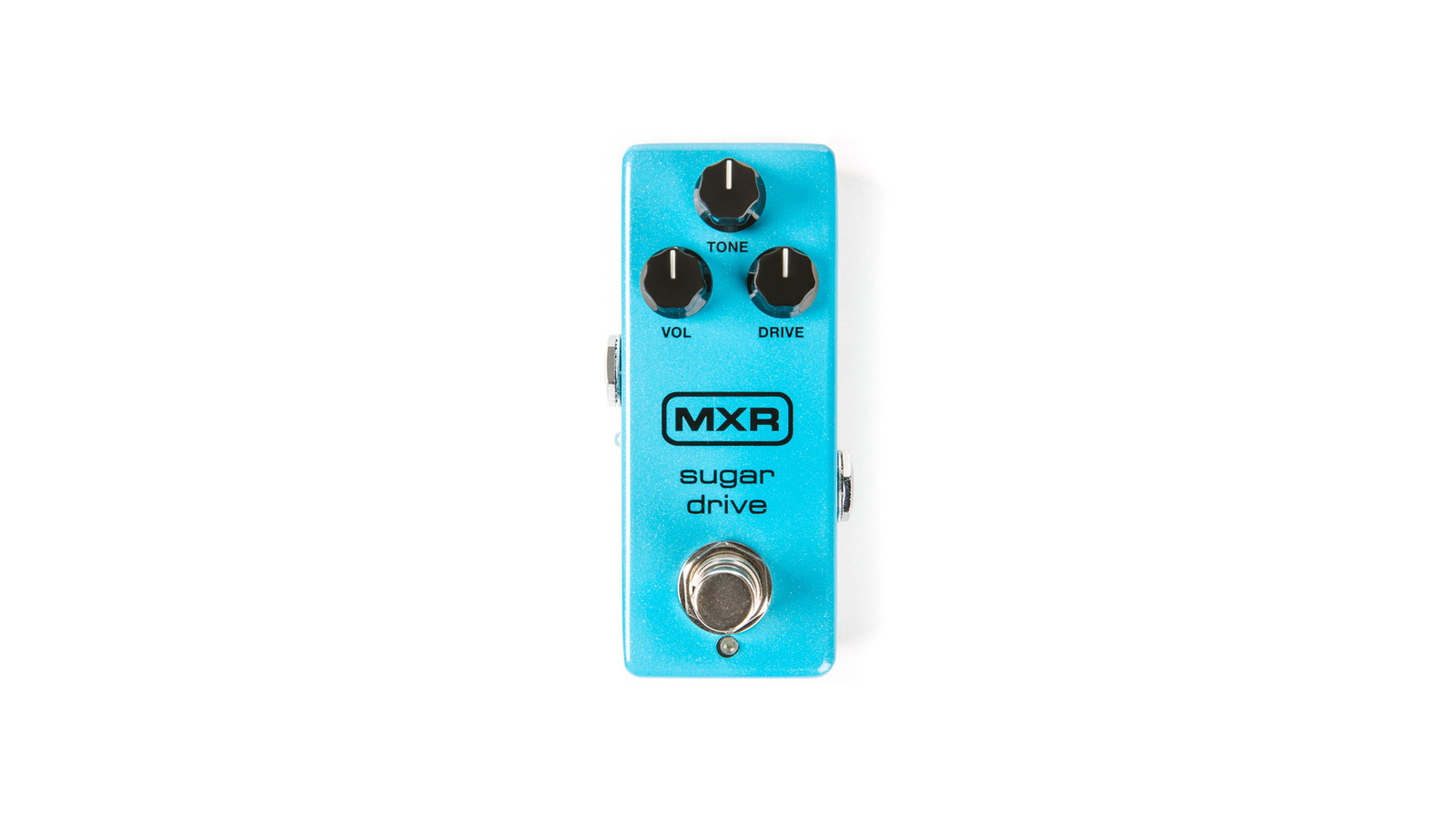
6. MXR Sugar Drive
Our expert review:
Specifications
Reasons to buy
Reasons to avoid
The MXR Sugar Drive not only looks the part, but sounds the part, with a solid take on the Klon's sound, housed in a sleek mini-enclosure.
As you'd expect from a mass-produced MXR pedal, the internals are fully SMD rather than through-hole, and as a result the diodes appear to be silicon rather than germanium. We're on record saying we don't think that's a very big deal, but if you want a part-for-part authentic klone, then that rules out the Sugar Drive.
Most authentic
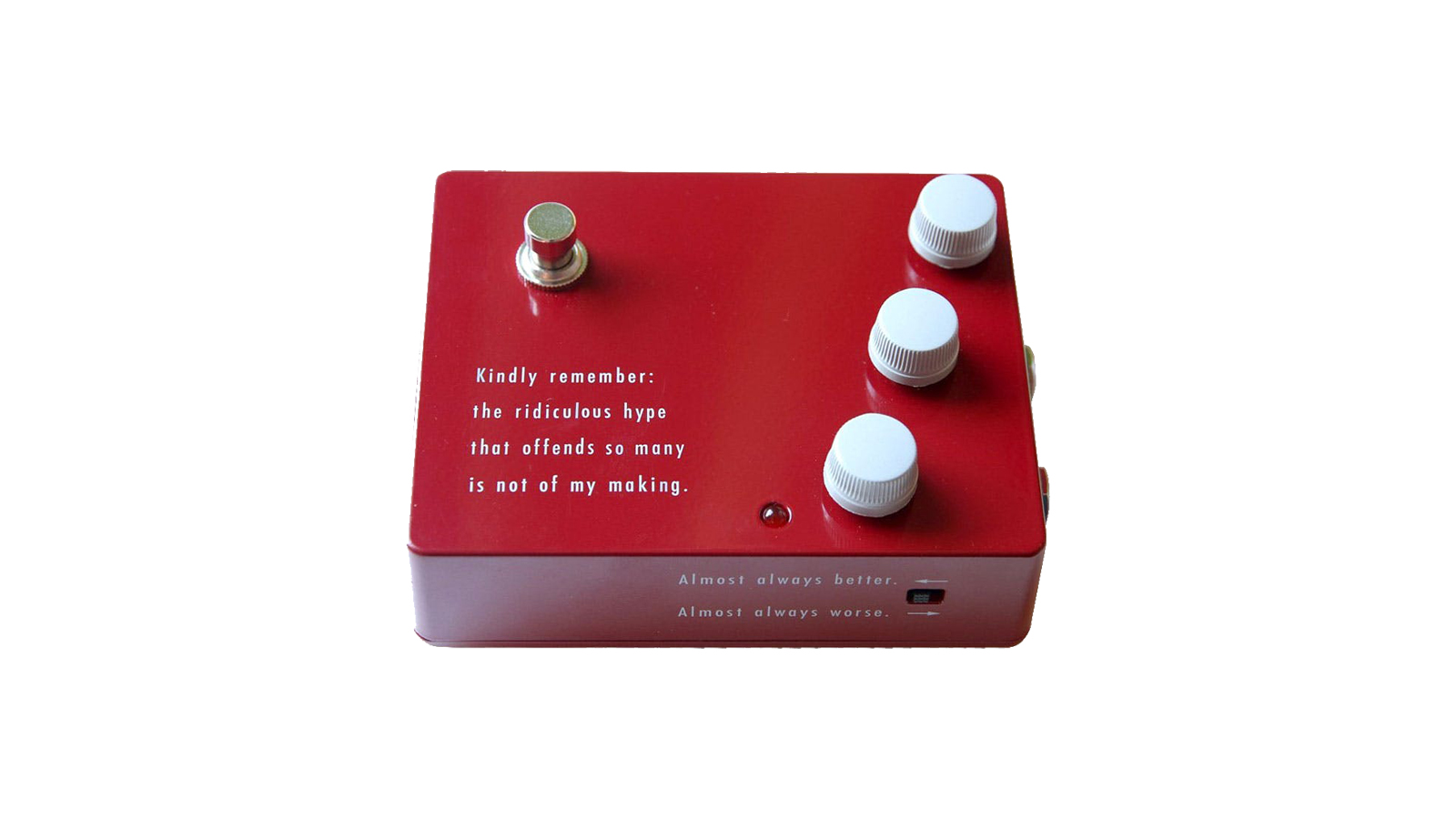
7. Klon KTR
Our expert review:
Specifications
Reasons to buy
Reasons to avoid
Okay, so putting the KTR on this list is a little disingenuous, as it's designed and built by Bill Finnegan, the successor to the hype beast Centaur itself. Even so, it's inspired by the Centaur, so we've included it. Released in 2014, these were available through dealers as recently as a few years ago, but that seems to have ended and the pedal's price is steadily climbing on the used market.
Meanwhile, though it's not clear how frequently pedals are available, Bill has periodically sold Klon reissues made by him in the original-style enclosure on eBay. However, in the event that these do crop up, be prepared to pay an appropriately large sum for one.
Best boutique
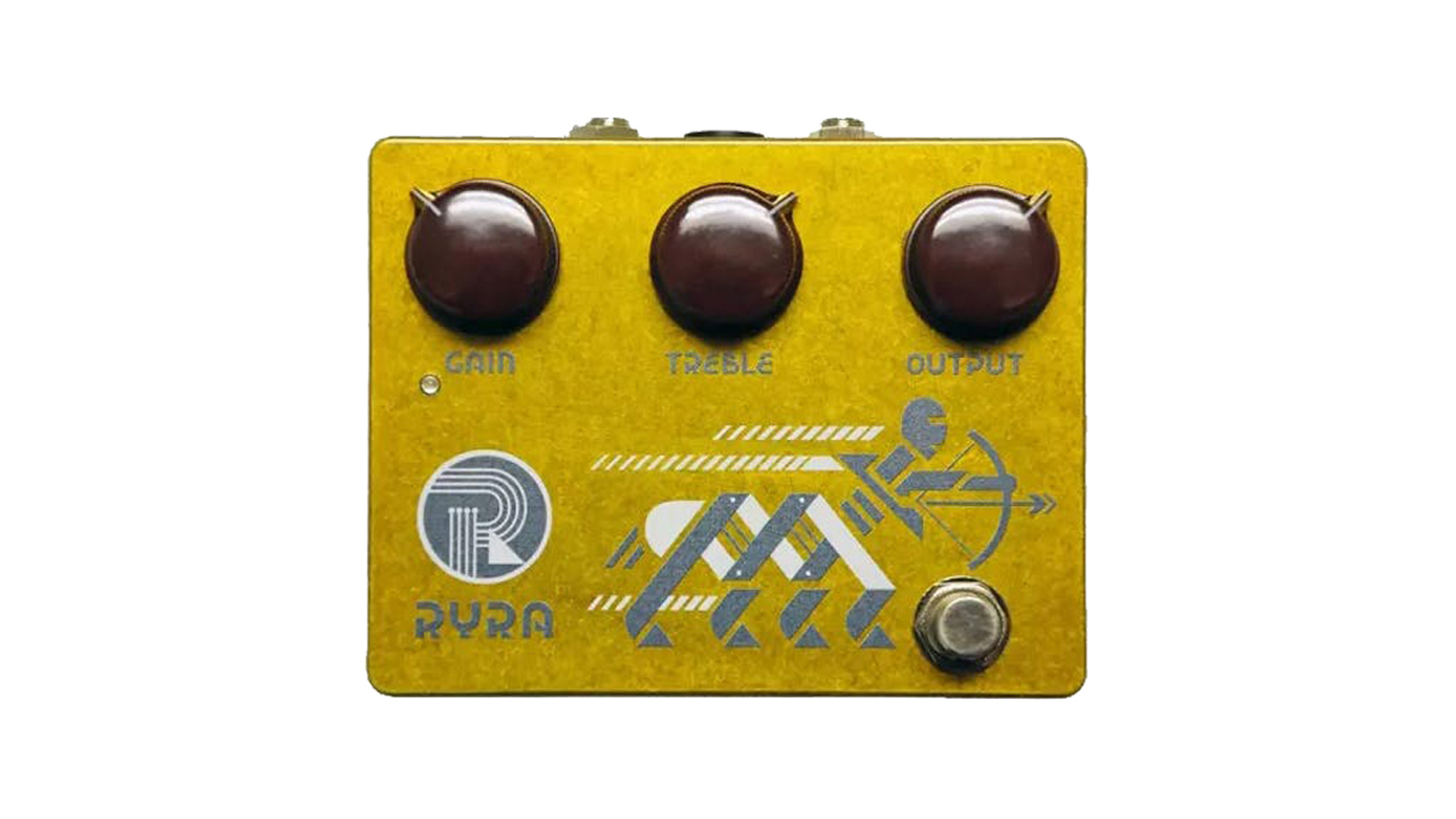
8. RYRA The Klone
Our expert review:
Specifications
Reasons to buy
Reasons to avoid
The RYRA Klone is a straightforward piece of kit. Unlike other pedals which use puns and misdirection to hint at their origins, the Klone comes straight out and says what it is. RYRA is a one-man shop run by Shane Logan, so the spirit of small-run, independent operation continues in their DNA.
The circuit is a faithful reproduction of the original down to the ground, and sounds very close to it. Although there are much smaller options, it's also quite compact, always a bonus in our book.
Best aesthetic
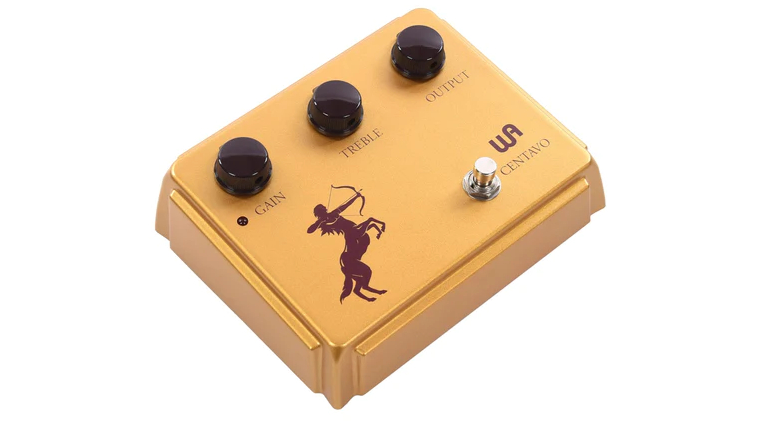
9. Warm Audio Centavo Professional Overdrive
Our expert review:
Specifications
Reasons to buy
Reasons to avoid
Okay, first things first, the Centavo most certainly looks like the real deal. Its custom-cast ‘Champagne’ enclosure, with a trio of oxblood-colored knobs, is sure to get pedal fanatics weak at the knees.
Now, it's all well and good to look like a Klon, but how does the Centavo sound? Well, in a word - fantastic. With dials for Gain, Treble and Output, as well as a handy Mod switch on the back for extending its low-end response, the Centavo is a drive that’ll flatter your setup - and is superb as a clean boost.
For us, this is easily one of the best-sounding Klon clones on the market. In our glowing review, we stated "there’s a serious amount of clean power to help you push through, to heat things up. You’ve really got to push the gain past noon to get the grit going. Leave the Mod switch off, turn the Treble past noon, and you’ll easily cut through a mix".
Read our full Warm Audio Centavo Professional Overdrive review
FAQs
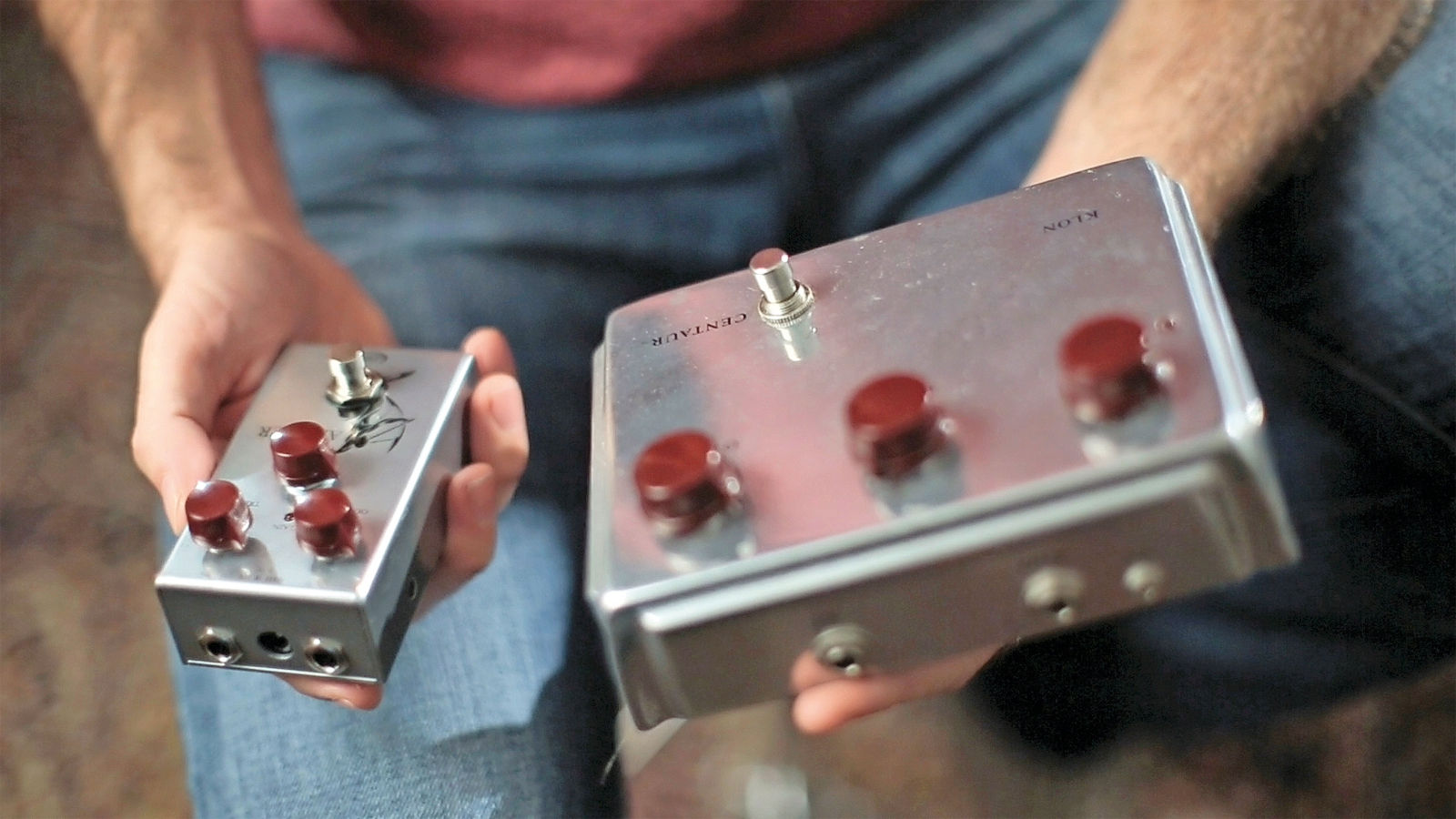
Why is the Klon Centaur so good?
Bill Finnegan claimed that the hard-clipping 1N34A germanium diodes are the signature component of the Centaur's sound. However, testing by ear, as well as waveform analysis have since showed that, if anything, the effect of these diodes is marginal.
There's quite a bit of gain on tap, and that, combined with the hard-clipping diodes means the Centaur can hit distortion territory if required. At the maximum settings on the gain control, it's an almost square-wave distortion, caused by clipping inside the op-amp. Most players, however, value its touch-sensitivity and run it at much lower-gain settings.
Key to the circuit are two filter networks that amount to a clean blend. The first is controlled by the dual-gang gain control. As gain is increased, a filtered clean signal that runs in parallel is reduced in amplitude, and vice-versa. This is another reason why players running it at lower gain settings find it to be the 'cleanest' boost or drive that they've played.
The second network is more simple, adding a bit of 'thickness' back into the tone. This applies a low-pass filter to the clean tone, which is then blended back into the distortion sound. Each of these waveforms - the two filtered and the distorted - are radically different to one another. It's their sum that makes the Centaur so interesting.
All of this detail serves to point out that most of the magic happens in these filter networks and the gain stage itself. Though the original tone control is interesting - an active high pass shelf above 400Hz - modifying the EQ stage doesn't affect the essential character of the circuit as much as you might expect.
Is the Klon versatile?
Yes! A load of people use it with the gain set low but there’s actually a fair amount of it on tap. With gain set to full, you can achieve some nice distorted tones, as well as milder, overdriven sounds. It plays well with other pedals too. You’ll often see a Klon being used alongside something like a Tubescreamer for gain staging.
What should I look for in a Klon clone?
When buying a Klon clone, as long as it's a faithful reproduction of the original circuit, you can purchase based on looks, as modifications like different diodes are likely to have a small impact. The Centaur stacks pretty well with other pedals, especially at lower gain levels, and so some boutique options that offer utilities for further tweaking EQ, or indeed having two pedals in a single enclosure are good options.
Famously, the Centaur had a buffer which some people lionise to the point of building it into a separate pedal. Thus, most klones are either buffered bypass or selectable between buffered and true bypass.
Finally, the original had a massive enclosure, so as always, we tend to say that size should be one of the most important considerations. After all, if you can't fit it on your 'board, it doesn't matter how good it sounds!
Does it need to be exactly like the original Klon?
When looking for the best Klon clones, you might want to ask yourself how much you want just the original design, or whether you’d benefit from some additional features. There are plenty of pedals out there designed to sound and respond like the original. You’ll find the same three knobs (gain, treble and output) and, when designed right, they will offer a very similar style of gain.
Others are a little more liberal with how much of a clone it is Some Klones simply use the original pedal as inspiration and might add extra EQ controls, or even another pedal to add flexibility and versatility. Ultimately, it’s up to what you want out of it as to which one is best.
How we choose products
Here at Guitar World, we are experts in our field, with many years of playing and product testing between us. We live and breathe everything guitar and bass-related, and we draw on this knowledge and experience of using products in live, recording and rehearsal scenarios when selecting the products for our guides.
When choosing what we believe to be the best Klon clones available right now, we combine our hands-on experience, user reviews and testimonies and engage in lengthy discussions with our editorial colleagues to reach a consensus about the top products in any given category.
First and foremost, we are guitarists, and we want other players to find the right product for them. So we take into careful consideration everything from budget to feature set, ease of use and durability to come up with a list of what we can safely say are the best Klon clones on the market right now.
Read more about our rating system, how we choose the gear we feature, and exactly how we test each product.
Related buyer's guides
You can trust Guitar World
- Fancy another clone? These are the best Tube Screamer clones
- Best pedalboards: organize your pedal collection
- Best pedalboard power supplies for your ’board
- Best looper pedals: become a more creative live guitar player
- Discover a pedal legend with the best Electro-Harmonix pedals
All the latest guitar news, interviews, lessons, reviews, deals and more, direct to your inbox!
Alex Lynham is a gear obsessive who's been collecting and building modern and vintage equipment since he got his first Saturday job. Besides reviewing countless pedals for Total Guitar, he's written guides on how to build your first pedal, how to build a tube amp from a kit, and briefly went viral when he released a glitch delay pedal, the Atom Smasher.
- Richard Blenkinsop
- Daryl RobertsonSenior Deals Writer

